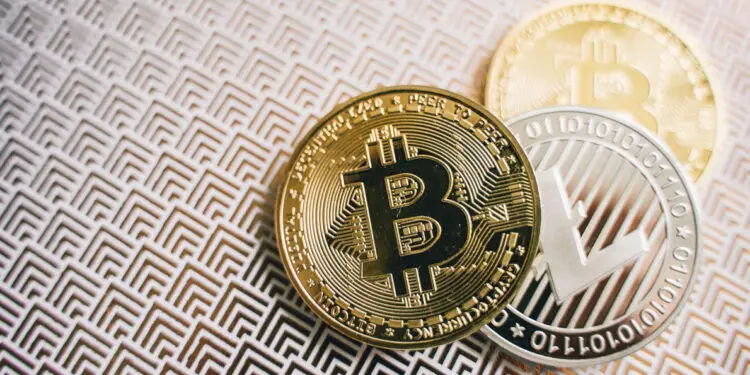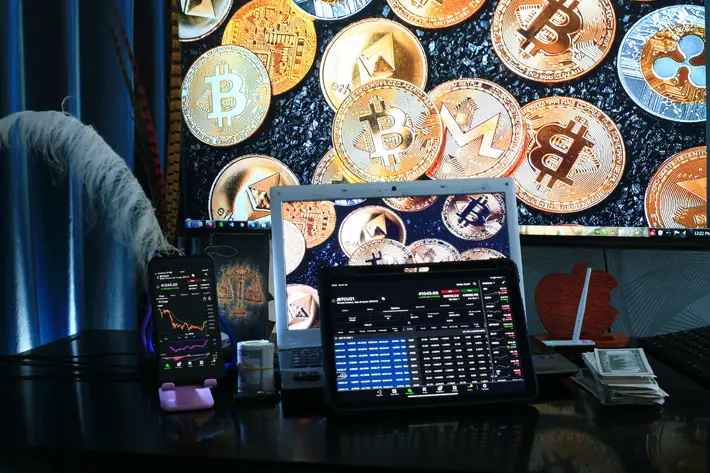What Happens When Bitcoin Forks?

Bitcoin Forks or Forking occurs when two miners disagree over a set of defined protocols, and one sets out to make their own protocol with slight or even heavy variations. The forks make new versions of the currencies and promote more opportunities for the cryptocurrency market.
There are many different types of forks with varying sets of rules. Some forks are resolved on their own, while others can cause the currency to split in two, making a whole new currency. It’s up to the user to choose which line they want to follow.
In this article, you will learn what Bitcoin forks are, the different types of forks and how they impact Bitcoin mining.
What Is a Bitcoin Fork?
Although Bitcoin has been on the market for over a decade and is currently trading at an all-time high, mining and blockchain technology are still a mystery to many people. At the very basis of this whole concept, a fork is when two miners disagree over a protocol or set of rules that govern a particular transaction; a single protocol is “forked” into two different sets of rules that develop different transaction histories.
Forking introduces new protocols to the blockchain technology, upsetting the initial protocol that Bitcoin was based on. The substantial effects of forking were seen in 2018, when Bitcoin saw a major fork which caused the transaction fee to rise.
Hard Fork vs. Soft Fork
A hard fork is when the new set of protocols is not recognized by the old system, creating an entirely new currency. In comparison, a soft fork introduces a variation of the Bitcoin in the same blockchain.
To trade a hard fork version of Bitcoin, miners have to update their system to recognize the block developers running the new system. This is why a hard fork is called “backward incompatible.” However, the upgraded system uses the old system’s technology because it is still within the original blockchain even though the network is separated. Bitcoin, Bitcoin Cash, and Bitcoin Gold are all results of hard forks.
The soft fork is backward compatible, which means that the block is minor or detectable by the existing system. Hence, miners do not need to upgrade their systems to continue mining the same currency.
What Should I do If my Bitcoin Forks?
If your Bitcoins happen to fork, it will be because you have the same coins on both forks. You will need to choose between the two forks before any of them starts to develop complications. When cryptocurrencies are divided into two having differing protocols, they result in different outcomes as well. They can even trade at different values, which means that you might lose significant amounts of money if you’re trading in them.
Hence, base your decision on well-done research to know where you will head exactly. You can visit The Official website for extensive information regarding Bitcoin forks and other Bitcoin-related topics.
Bottom Line
An increasing number of hard forks means new competitors, making the Bitcoin market volatile more than ever.
When Bitcoin Fork occurs, it creates new tokens that are either traded within the same system or a new system that introduces currency variations. Hard forks are also known as “Imposters,” as they claim to be better than the original currency but are much less secure due to having weaker hash rates.
The science of Forks is relatively new and still unexplored in several ways. If your Bitcoin is forked, you should seek help from communities and forums on platforms like Reddit and Twitter. These communities have the sharpest minds exploring Bitcoin Forks, and they can help you find the keys to your coins.










